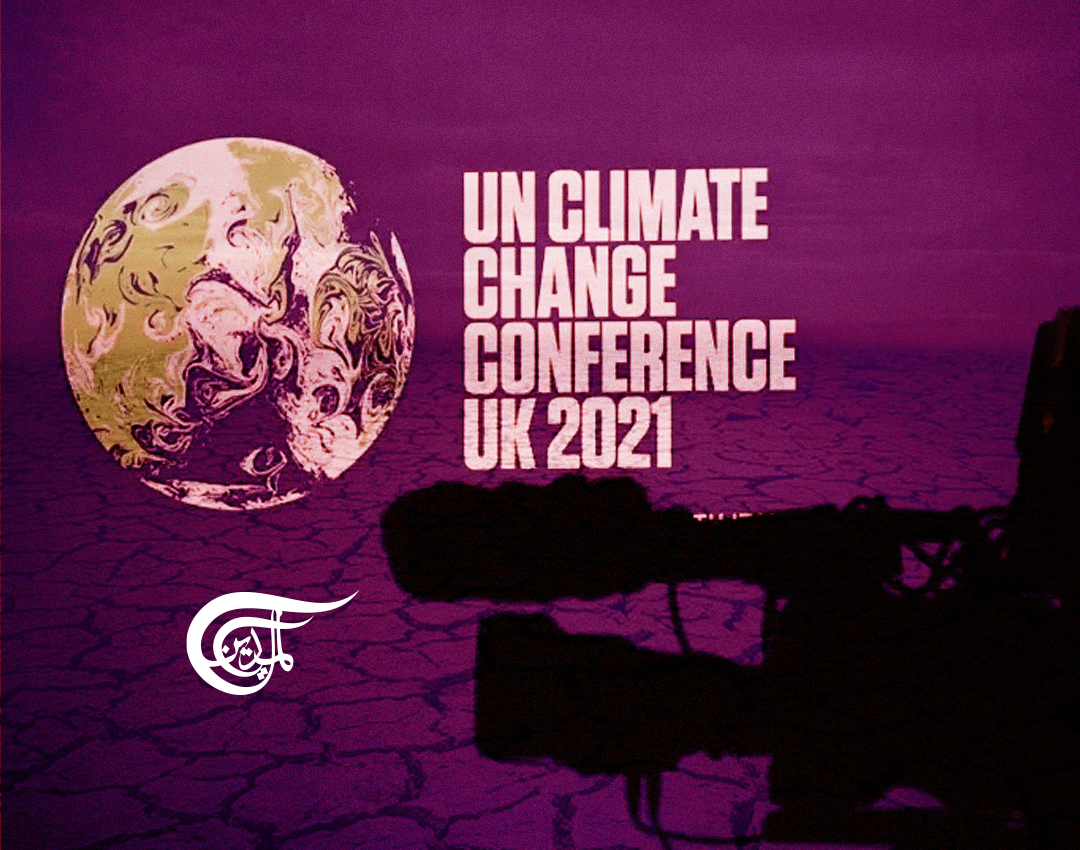Climate Change Conference (COP26): Challenges and Opportunities
Around 120 world leaders gathered in Glasgow to kick up COP26, a two-week global conference aimed at determining if mankind can take the urgent measures required to avoid climate catastrophe.
Around 120 world leaders gathered in Glasgow to kick up COP26, a two-week global conference aimed at determining if mankind can take the urgent measures required to avoid climate catastrophe. The United Nations global warming conference in Glasgow, which began on November 1, 2021, is seen as a landmark in the fight against climate change.
Over 130 heads of state and government, as well as thousands of diplomats, will convene the conference to set new objectives for reducing greenhouse gas emissions caused by the burning of coal, oil, and gas, which are causing global warming. The meeting is conducted every year, but this year is particularly important since scientists say that if countries are to prevent the worst effects of climate change, they must make immediate steps. Leaders in Glasgow for the COP26 climate meeting will be urged to make significant reductions in warming gases to avoid additional global warming issues.
COP President Alok Sharma stressed that “The science is clear that the window of time we have to keep the target of 1.5°C alive and to avoid the worst effects of climate change, is narrowing fast and with political will and effort, we can and must deliver a world-class outcome in Glasgow. The Glasgow Breakthroughs will help us get closer to a global tipping point where the clean, green solutions we need to attain net-zero and keep 1.5 degrees Celsius alive are more inexpensive, accessible, and appealing to everyone than the polluting methods we're abandoning”.
Significantly, leaders representing more than 85% of the world's forests have pledged to halt and reverse deforestation by 2030. Brazil, China, Colombia, Congo, Indonesia, Russia, and the United States are just a few of the countries with large forests. Experts agreed that keeping the pledge is vital to curbing climate change, but many pointed out that similar lofty promises had been made in the past with little effect.
Notably, the UN Secretary-General António Guterres stated, "Signing the proclamation is the easy part and it must be adopted immediately for the sake of people and the environment."
President Joe Biden has criticized his Chinese and Russian colleagues, Xi Jinping and Vladimir Putin, for failing to attend the COP26 climate conference. President Biden went on to say that by declining the invitation to the event, China has "lost influence."
He further stressed that acting on the climate issue is "not only a moral obligation but also an economic imperative" and Investing in our clean energy future is a huge opportunity for every country to create good-paying employment and kick-start a broad-based economic recovery. It's all about the jobs. It's a battle between competition and complacency. It's about making the world a safer, cleaner, healthier place for our children and children everywhere to look to the future in ways that they can't right now". Moreover, President Biden underlined the importance of the United Kingdom's and the United States' long-standing connections and praised the UK for hosting COP26.
Additionally, the United Nations Conference on Climate Change (COP26) brings together the major polluting countries with the most vulnerable ones to climate change. The World Leaders Summit will send a strong message to negotiators to be as ambitious as possible and agree on a negotiated result that moves the action forward this decade.
Previously, COP21 which took place in Paris in 2015, was a pivotal event for climate action. It resulted in the biggest global international climate agreement, with signatories agreeing to reduce emissions to keep global warming below 2 degrees Celsius, ideally 1.5 degrees Celsius, conform to climate change impacts, and provide financial assistance to low- and middle-income nations (LMICs). Governments are required to develop and present plans for national emissions reductions and must submit revised NDCs as part of the agreement (IEF, 2021). World leaders, young people, and campaigners all underscored the importance of taking concrete action to keep the prospect of keeping global temperature rises to 1.5C and building resilience to climate impacts.
The Glasgow Leaders' Declaration on Forest and Land Use was endorsed by countries ranging from Canada to Russia to Brazil - which upped its NDC yesterday - China, Colombia, Indonesia, and the Democratic Republic of the Congo.
The COP has featured a major event on methane, with 103 countries joining the Global Methane Pledge, including 15 large emitters like Brazil, Nigeria, and Canada. This historic commitment, led by the United States and the European Union in conjunction with the United Kingdom's COP26 presidency, is equivalent to up to 40% of world methane emissions and 60% of world GDP. Malawi's president scolded wealthier countries for failing to honor financial commitments to underdeveloped countries to compensate for climate change-related damage.
As part of the UK's Clean Green Initiative, Prime Minister Boris Johnson announced a financial package to help the development of sustainable infrastructure and groundbreaking green technology in developing countries. The UN-led talks will focus on obtaining the final aspects of the Paris Agreement, including national objectives for decreasing emissions by 2030 and achieving net-zero emissions by 2050. "We need you to respond with courage to the climate and ecological disaster," urged campaigner and Kenyan environment and climate activist Elizabeth Wathuti (UN, 2021). South African, British, American, French, German, and European Union leaders have launched cooperation to assist South Africa to achieve an Accelerated Just Energy Transition.
Countries adopted a Breakthrough goal, criteria by which it could be measured, and leading projects for international collaboration by which it could be realized in the areas of power, road transportation, steel, and hydrogen. One of the world's most important issues is climate change. If we want to avoid further global temperature rises, governments must vow more aggressive reductions in warming emissions.

 Ruqiya Anwar
Ruqiya Anwar
 6 Min Read
6 Min Read













